If you’re older than about 25, you’ve probably noticed the rollercoaster ride that has been the common consensus by nutritionists regarding the egg. In the old days, it was simply considered a healthy, hardy food good for breakfast, lunch or dinner. It’s a renewable resource, and it’s not terribly expensive to produce, as chickens aren’t that expensive to feed or keep, compared to cattle or other non-plant protein sources.
Eggs are a diverse food – you can do so many things with them, every culture in the world having a multitude of egg-based recipes to try. Eggs are delicious, and while they’re not the cheapest food these days, they’re not prohibitively expensive either.
Sadly, these days, people seem to flip-flop on eggs, sometimes calling them a superfood, other times calling them extremely unhealthy. Why is this? Our scientific understanding of health and nutrition has been a gradual upward curve, and so our understanding of such an ancient, simple and ubiquitous food should match this trend.
The problem is that an egg consists of two different parts – the white and the yolk. One is very healthy, the other not so much. One is delicious, the other has little flavor to it. Unfortunately, the combination of these two categories does lend to the healthy part being somewhat flavorless on its own. Yeah, you guessed it – the egg white is a superfood, while the yolk is more or less unhealthy.
But bland as they may be on their own, egg whites are the most superior non-meat protein source in the world, and we’re going to talk about why that is today. First, though, let’s talk about the nature of an egg, and address the unfair labeling of egg whites as “bland”.
An egg is a single cell intended to grow into a baby chicken, of course. The yolk is the nucleus of the cell, while the whites (clear, runny stuff when raw) is called “albumen”. Albumen is almost entirely amino acids, aka proteins. The yolk contains fatty lipids and other materials needed to build an animal.
When you fry an egg or boil one, you will notice the whites don’t have a lot of flavor, but that’s because you’re cooking them with the yolk’s presence in mind, as the two compliment one another – the yolk adding flavor, the whites providing substance and texture. However, when cooking with the whites in mind, it merely involves using some low-fat butter or olive oil, and some spices. Adding veggies like onion, peppers, and potato can create a truly delicious omelet or scramble with no need for the yolk.
How Much Protein is in an Egg White?
A single egg white from an average egg contains up to 3.6 grams of protein. Conversely, it has no cholesterol, less than one gram of carbohydrates, and no saturated fats. It’s the purest, simplest organic protein that you can get.
A diet of two egg whites for breakfast provides you with enough protein, in reality, to last until dinner, if you like to have a light salad at lunch. Additionally, another egg white in a salad at lunch can provide an additional 3.6 grams of protein to get you through that stretch of the afternoon when your energy is dwindling.
Unlike caffeine, sugar and other chemicals provided by “energy drinks” or carb-laden snacks, protein burns slow, with no jitters or weight gain as a consequence.
Egg White Protein vs. Whey Protein
In the world of protein supplements and powders, whey has been the dominant offering for a long time. It’s easy to produce, easy to artificially flavor, and not that expensive. However, whey has its disadvantages, due to their origins as a component of milk.
Chief among these, whey contains lactose, which can cause severe digestive problems in many people. Lactose intolerance of some level is incredibly common, mild symptoms being gas or minor discomfort, severe symptoms including diarrhea, extreme cramps, indigestion, and in bad enough cases, even serious vomiting.
Furthermore, whey contains upwards of 2 grams of fat per 25 grams of protein and 3 grams of carbohydrates per 25 grams of protein. Conversely, egg white protein contains only 2 gram of carbohydrates per 25 grams of protein and no fats. Egg allergies are also much rarer than lactose intolerances or allergies.
If that wasn’t enough to drive the point home, egg white protein is much cheaper to produce, meaning egg white-based protein supplements tend to measurably more affordable than whey. It’s pretty clear that the writing is on the wall for whey protein – egg whites are the new champion, and it’s simple science that proves it.
What are the Benefits of Egg White Protein Powder?
Sure, you can separate the yolk from eggs, and just cook whites, in creative and delicious ways as we discussed at the beginning of this article. In fact, it’s still a good idea to do this once in a while, and not rely just on powders solely.
However, if you’re trying to build muscle mass, you do need a protein supplement, and you can’t go wrong with egg white powder.
As we pointed out a moment ago, you get only 2 grams of carbohydrates from a solid 25 grams of protein with these powders. They’re also formulated to be quite delicious. You can mix a nice scramble with them, and you’d swear they had yolk in them. Or, if you want to be more practical, you can make smoothies or shakes with lactose-free milk or soy/almond milk, creating the most powerful protein shake you can imagine. Mix in some fruit, and it’ll be smooth, delicious, energizing, and give you the power you need.
It’s best to drink these after your work out, not before, when your muscles have been stressed, and are attempting repairs. Providing pure protein like this will allow them to increase their mass as they’re repaired. You should also have at least one more helping of this protein later in the day, as a lunch substitute or a mid-afternoon “snack”.
Proven Egg – Nature’s Most Complete Protein Source
As we’ve seen, science and the numbers just don’t lie. Egg whites are almost pure protein, with almost no unhealthy additional substances. On top of this, very few dietary practices exclude this miracle food. No mainstream religious diets prohibit the consumption of eggs, and ovo-Lacto vegetarians can enjoy the benefits of egg whites as well.
Sadly, they’re not compatible with strict vegan diets, but no protein supplements really are, which is a problem for vegan practices when trying to build muscle mass and tone. Nothing’s perfect, after all. Still, the egg comes close.
Another benefit is, you can get pretty much the same amount of protein as you’d get from a lot of meats, without the fat, and without the guilt, some feel for eating an animal. So, if your diet was calling for the reduction of meat intake, and you’re just not into seafood (which isn’t uncommon), this is an excellent substitute that’s delicious and diverse.
The next time someone suggests egg whites, don’t balk, because now you know better. They’re a true protein super food, and when they’re prepared properly, they’re not the bland part of a fried egg you usually think of.
To learn more about eggs and other healthy eating tips, Follow us on Facebook today. We have some cool things to show you!
The post Egg White Protein Is Just Better – Here’s Why appeared first on Gaspari Nutrition.




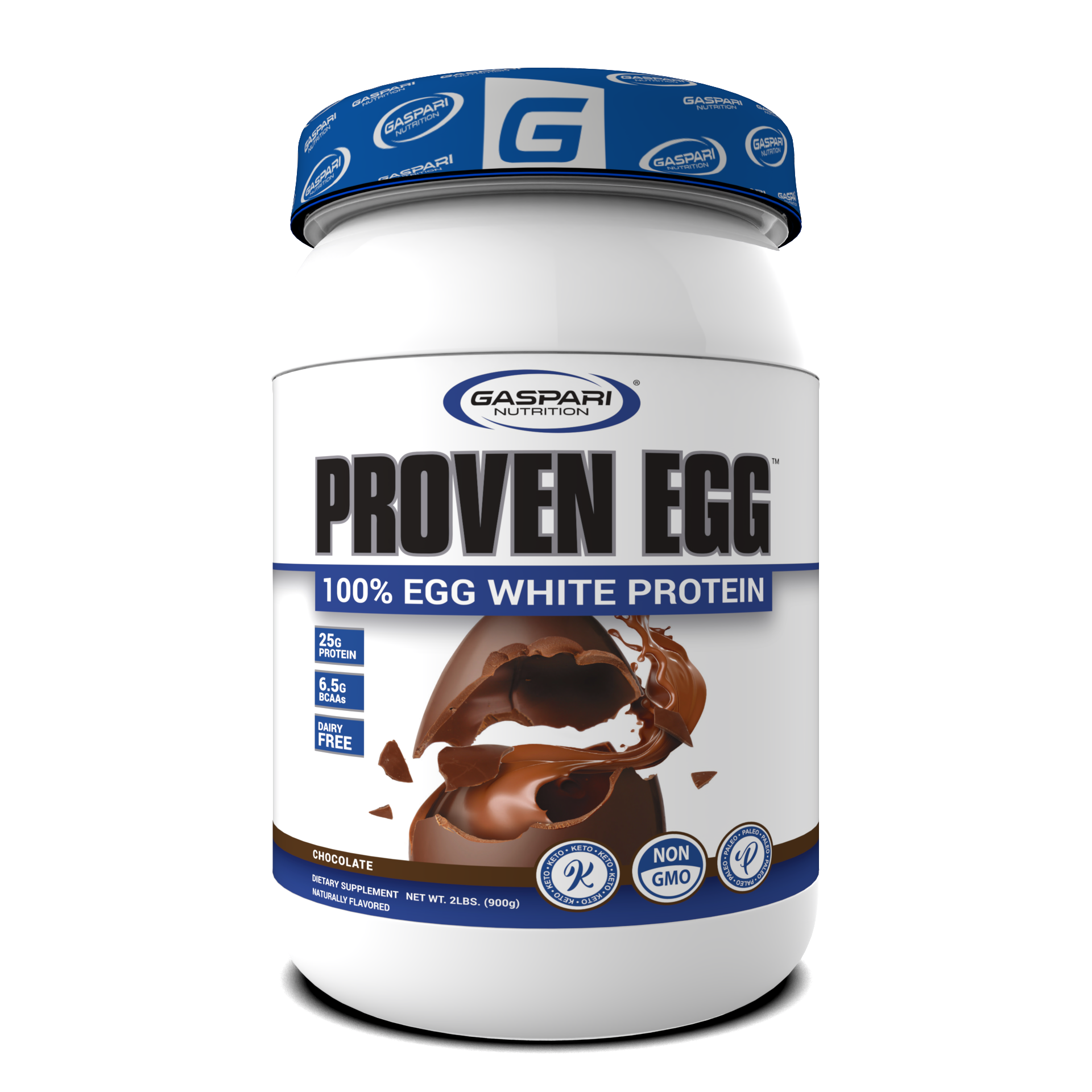



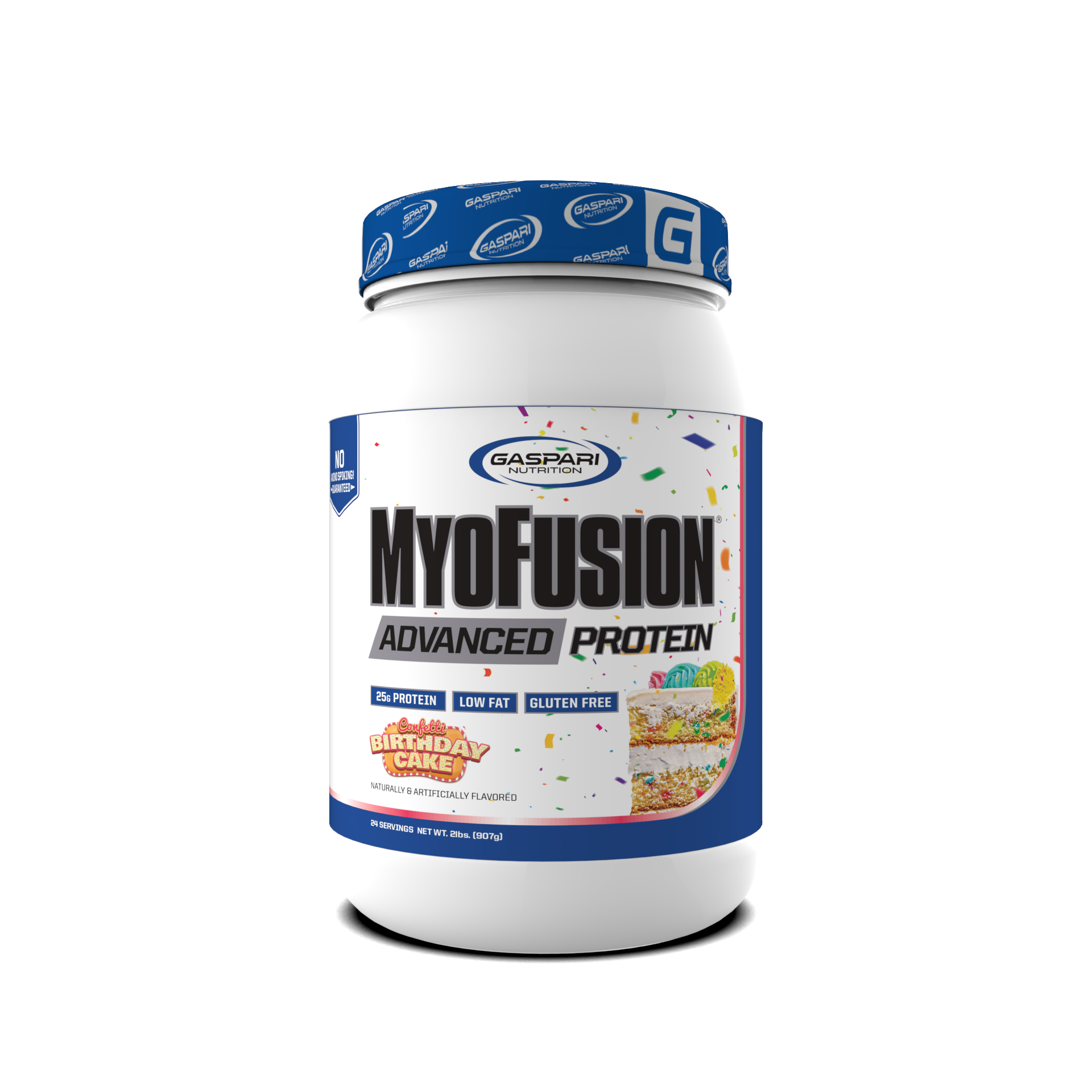



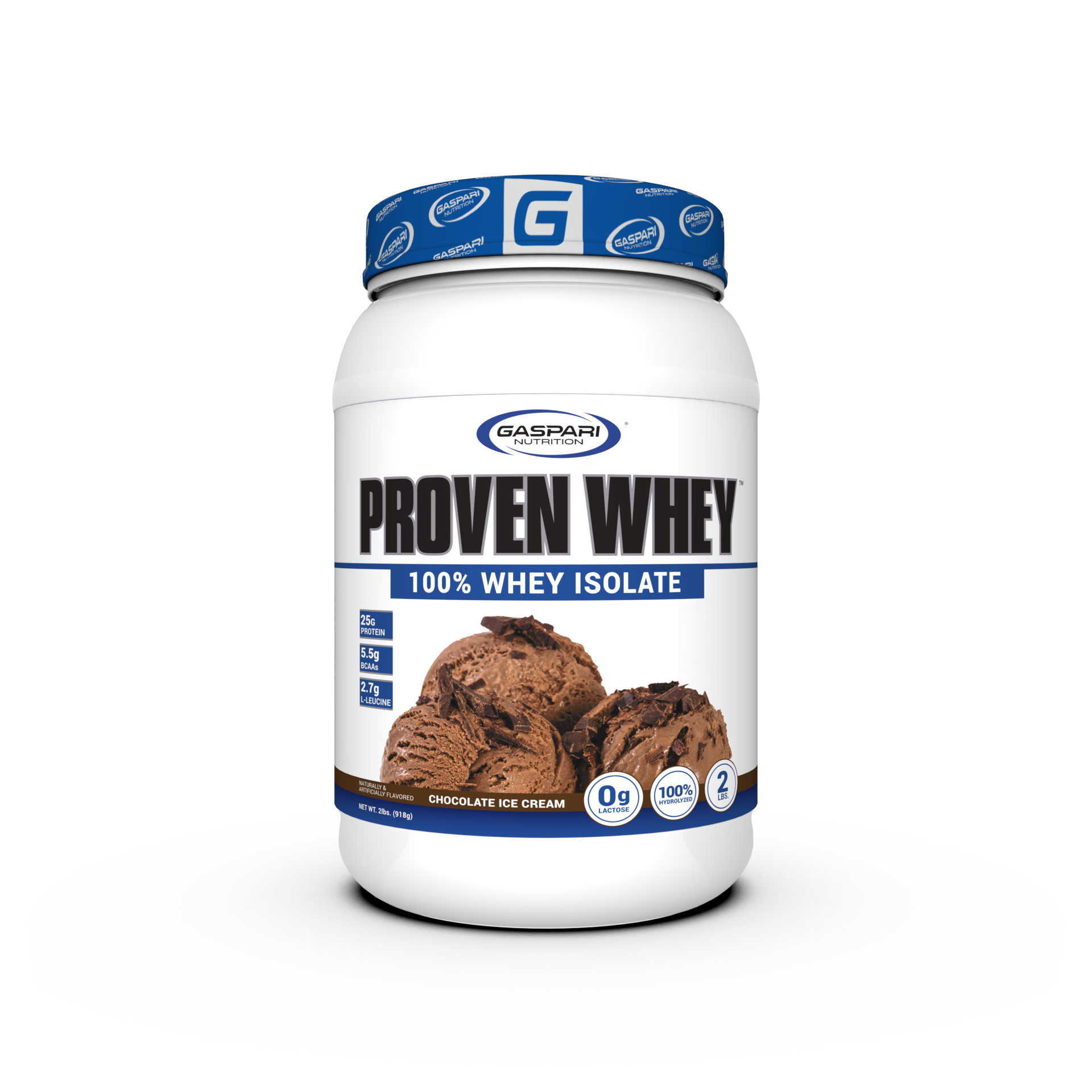



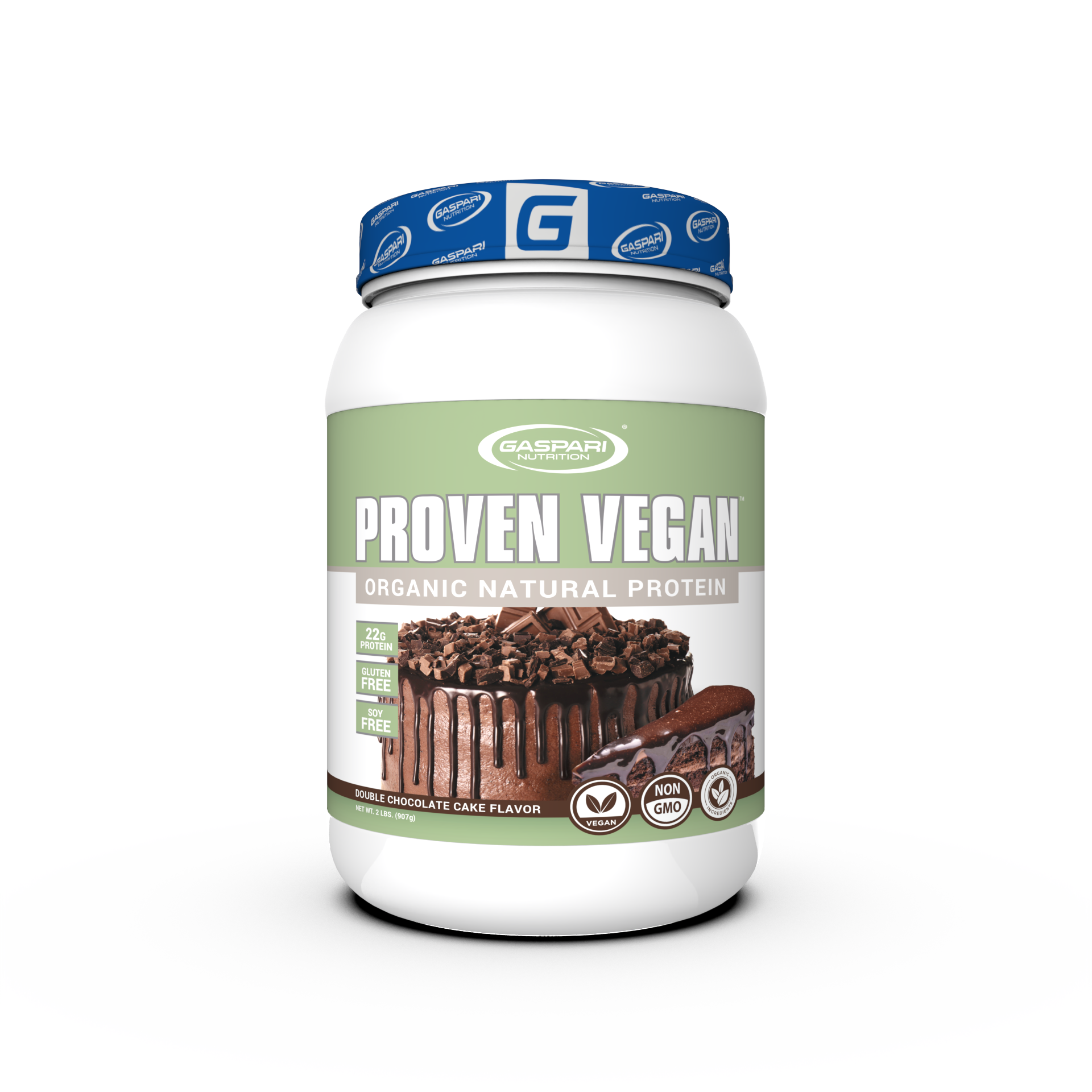

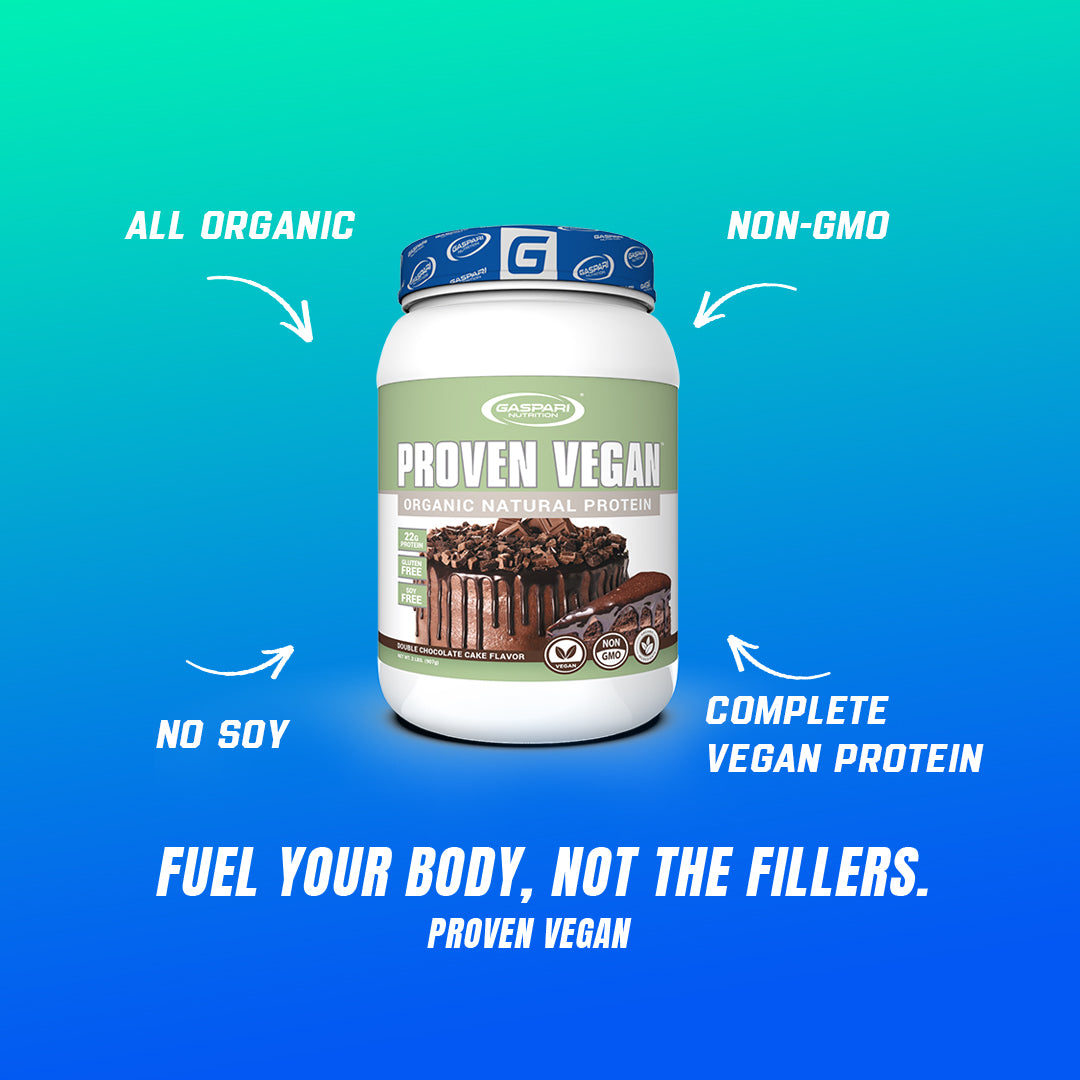
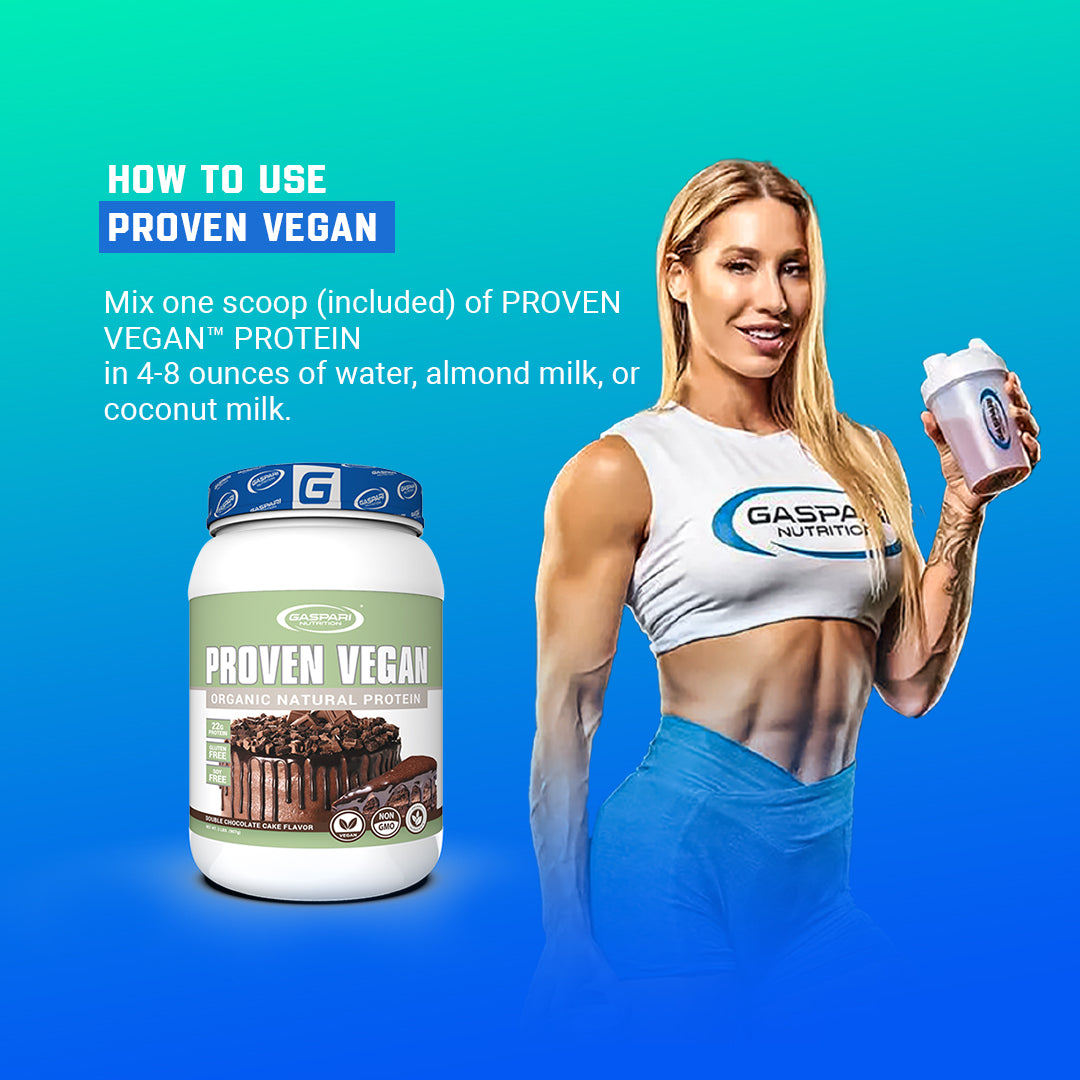

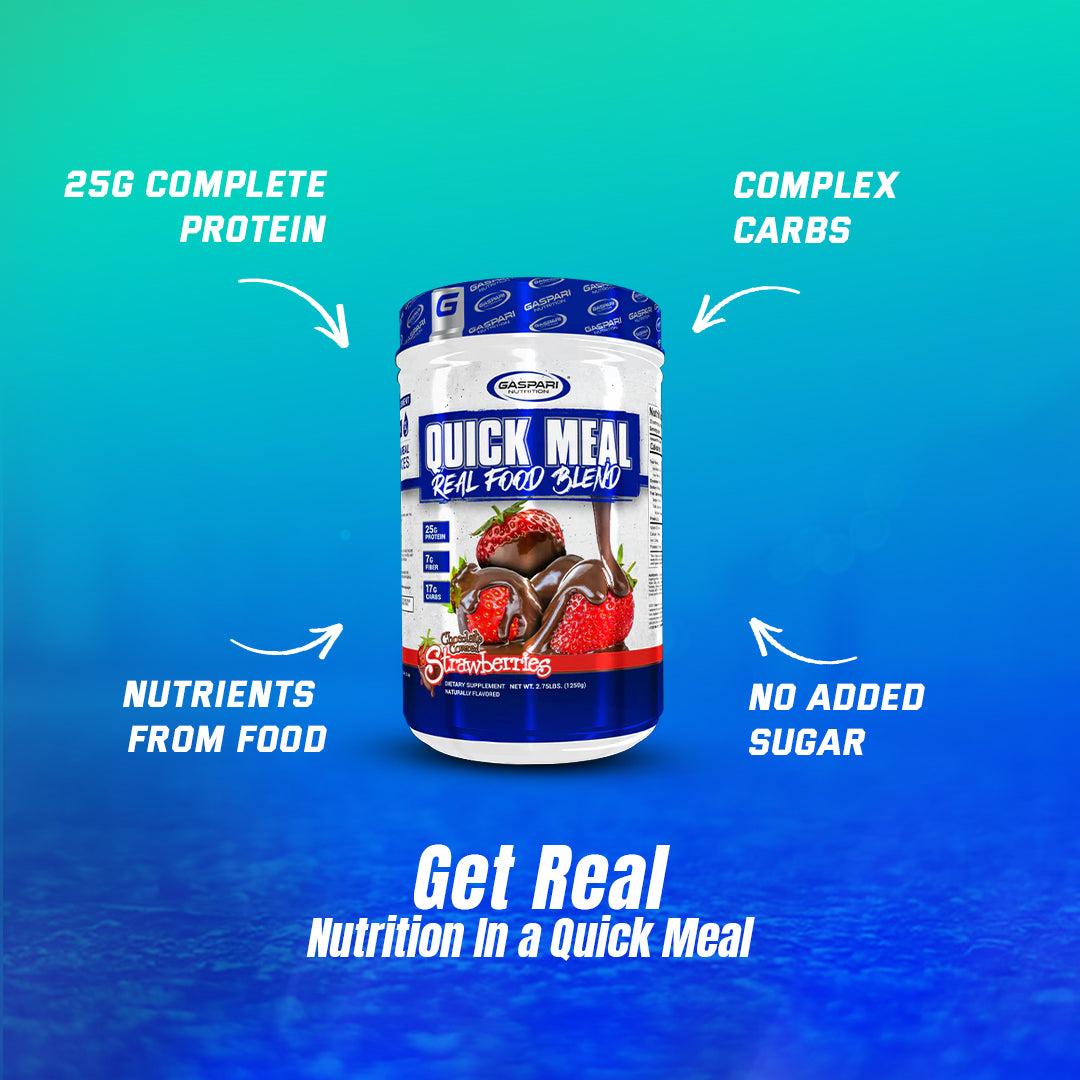

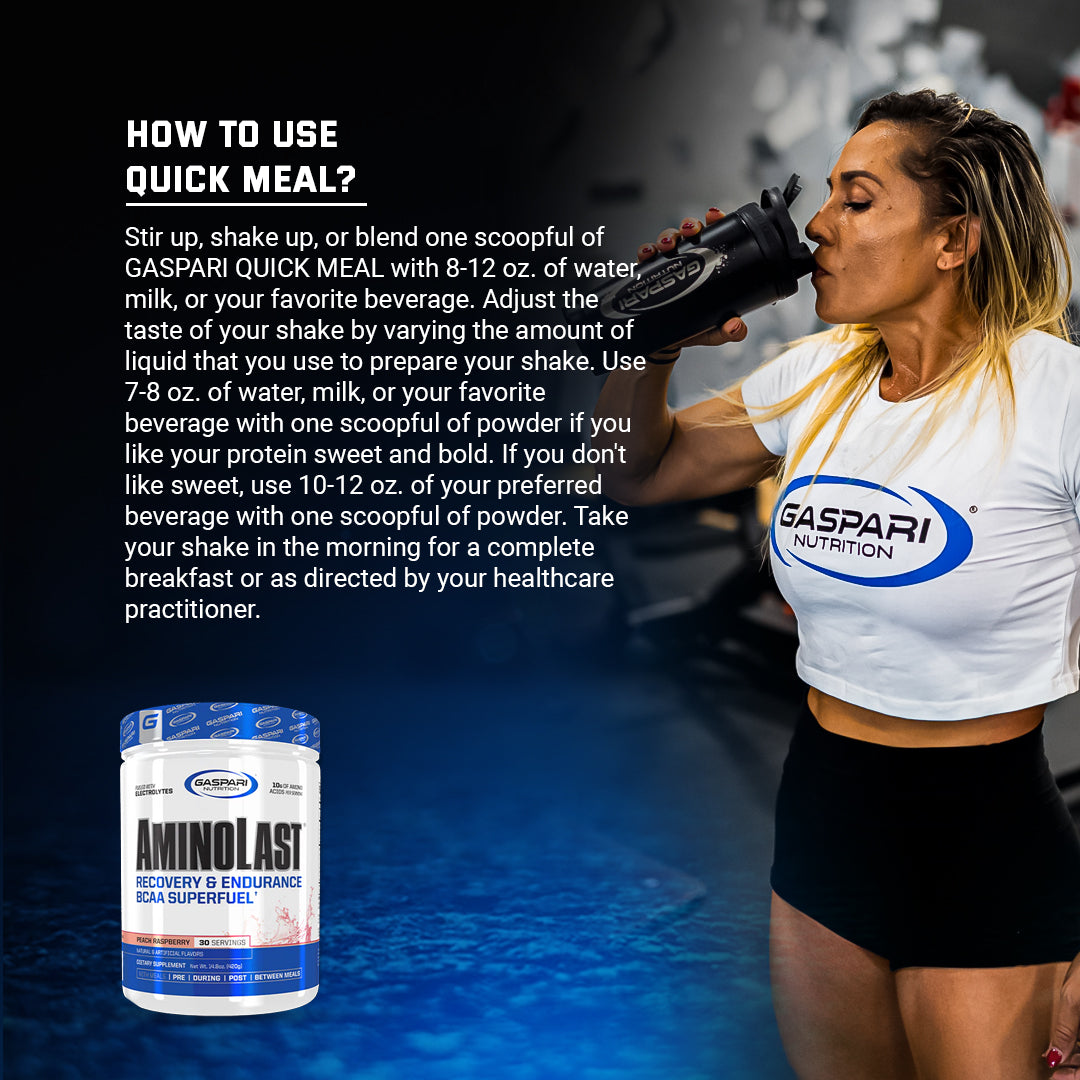




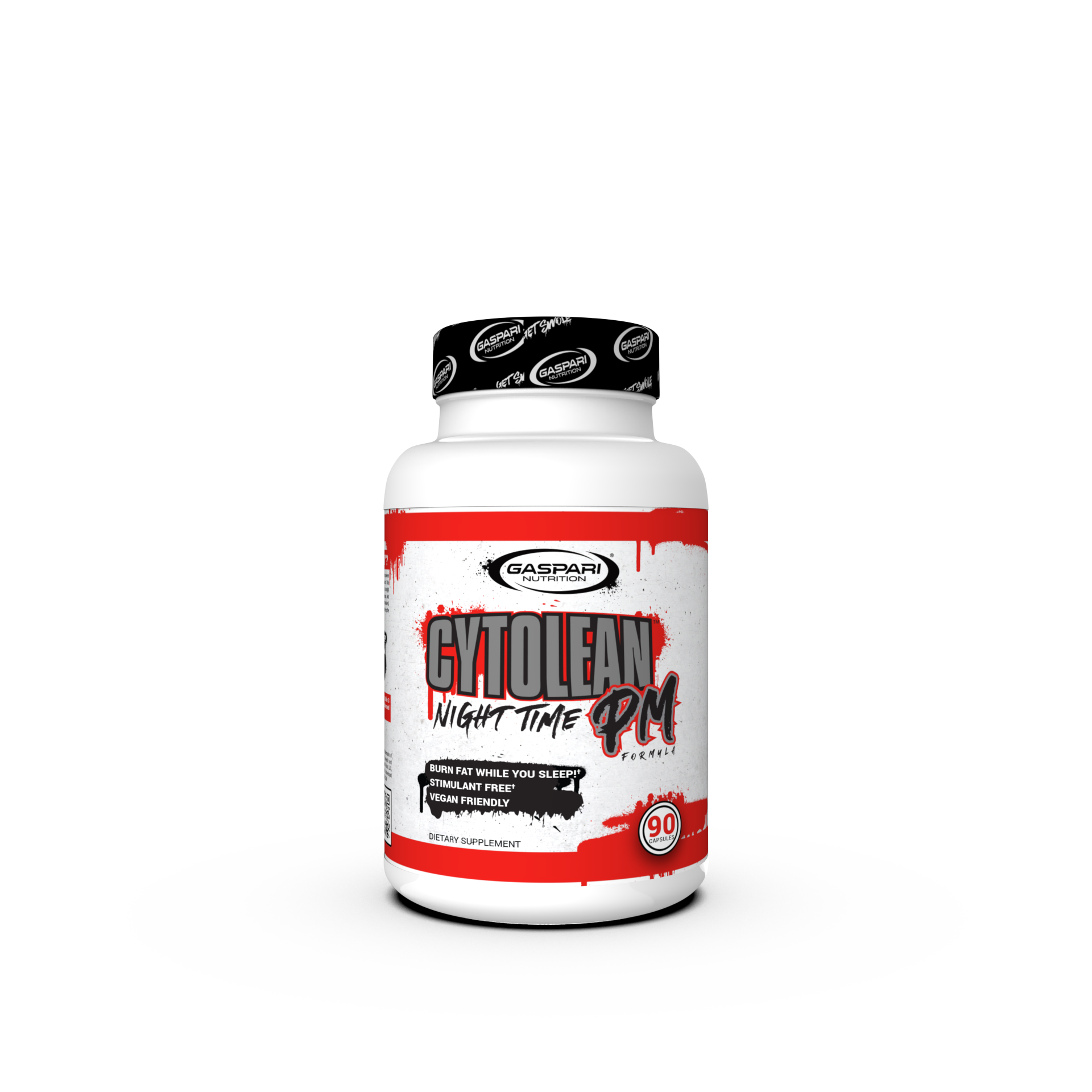

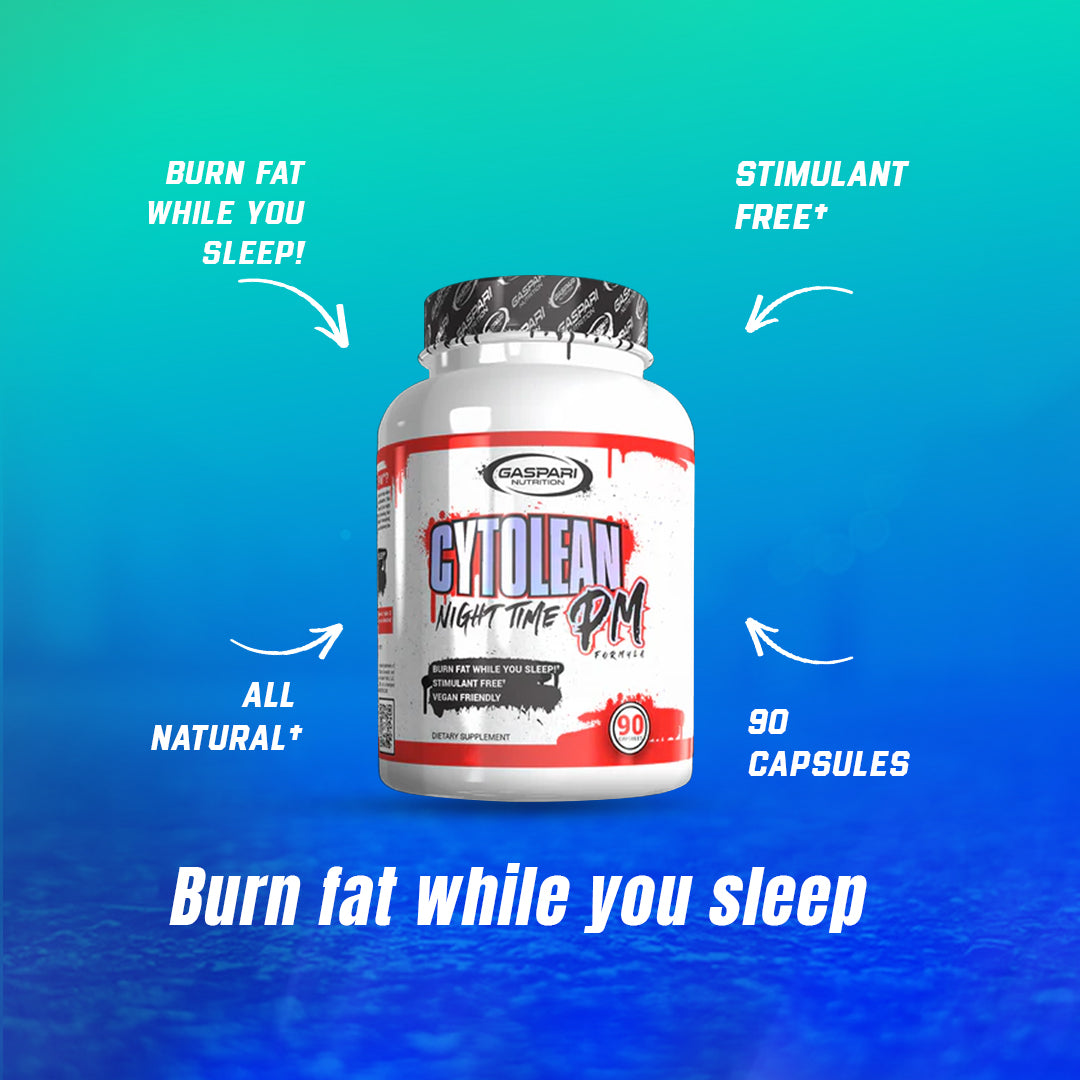


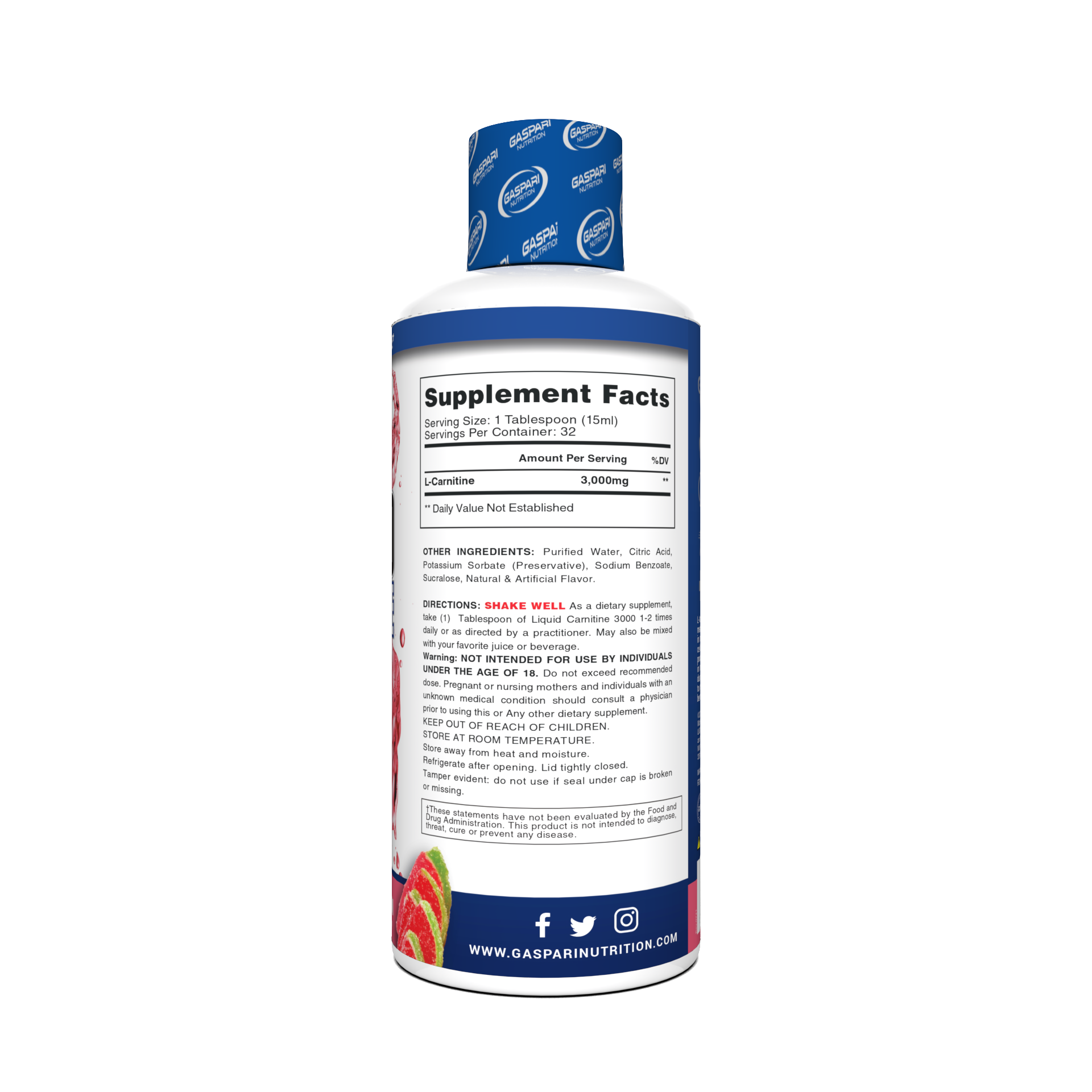
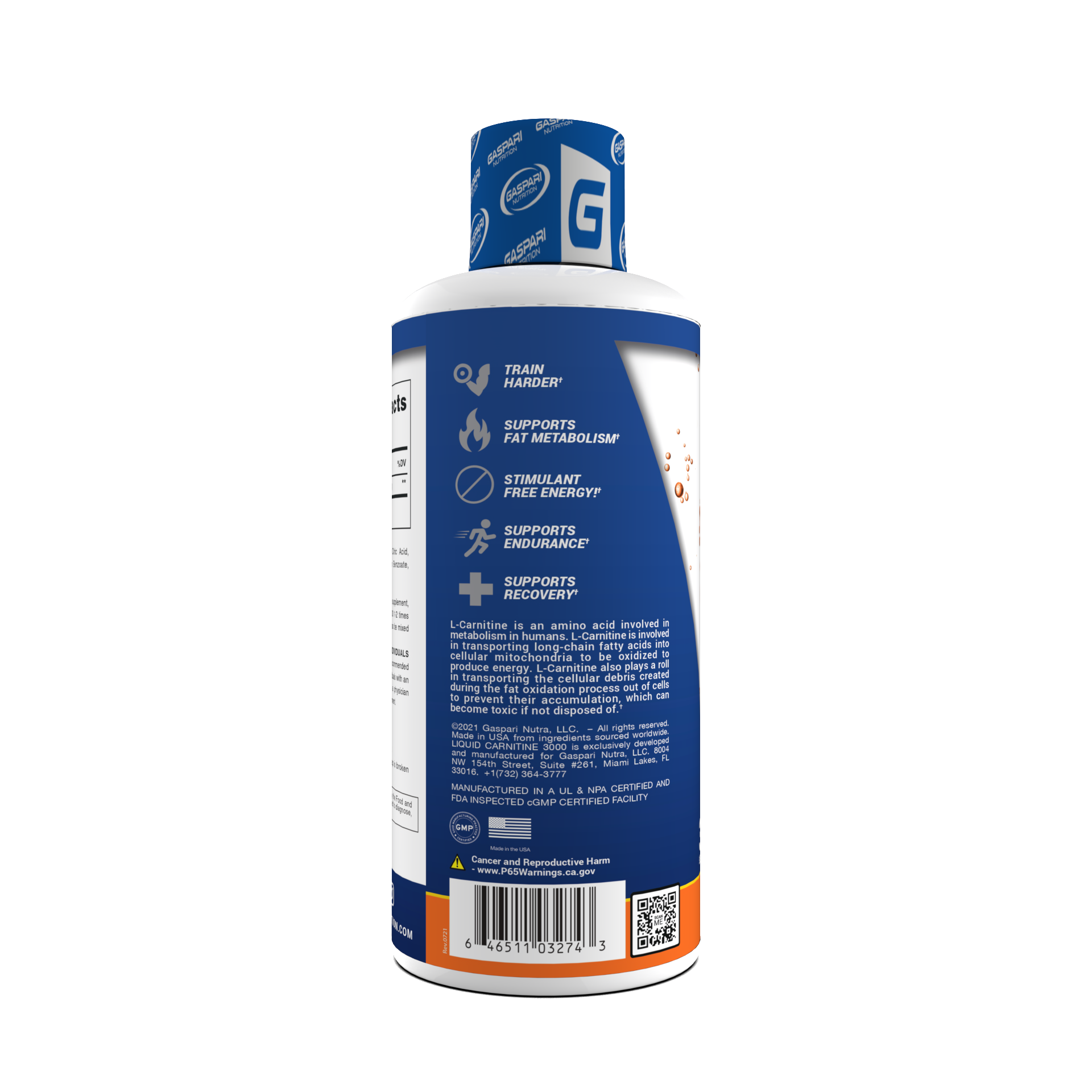
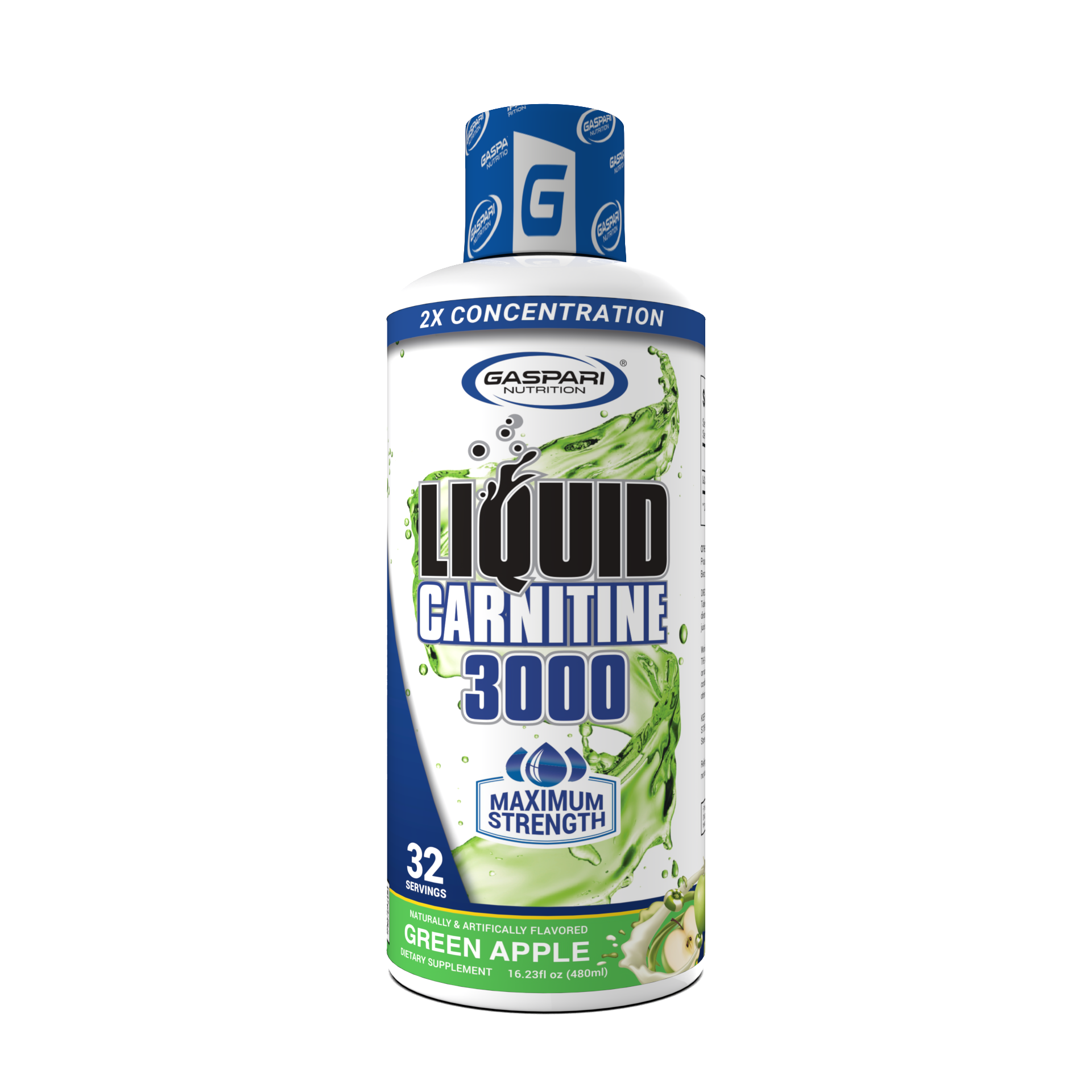
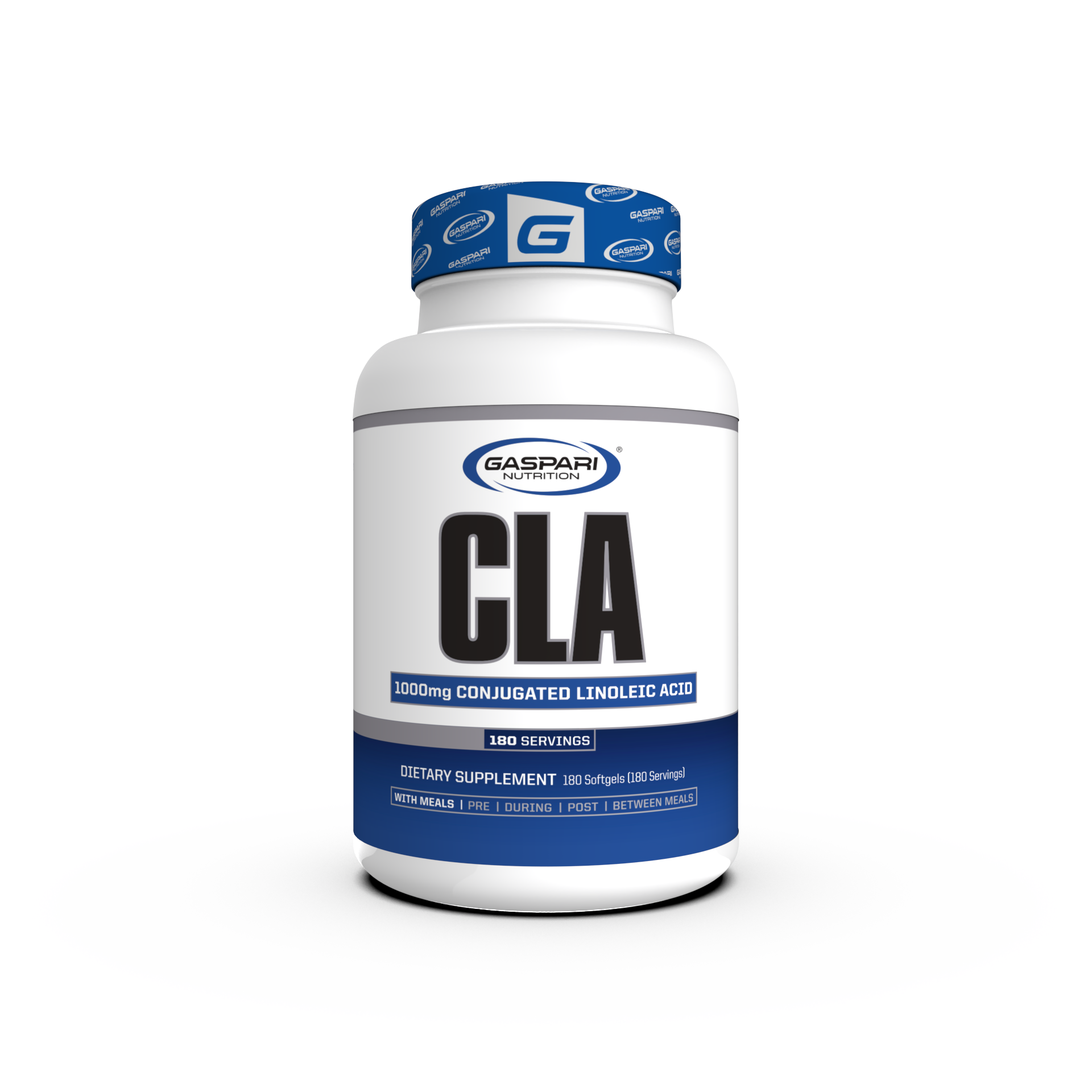


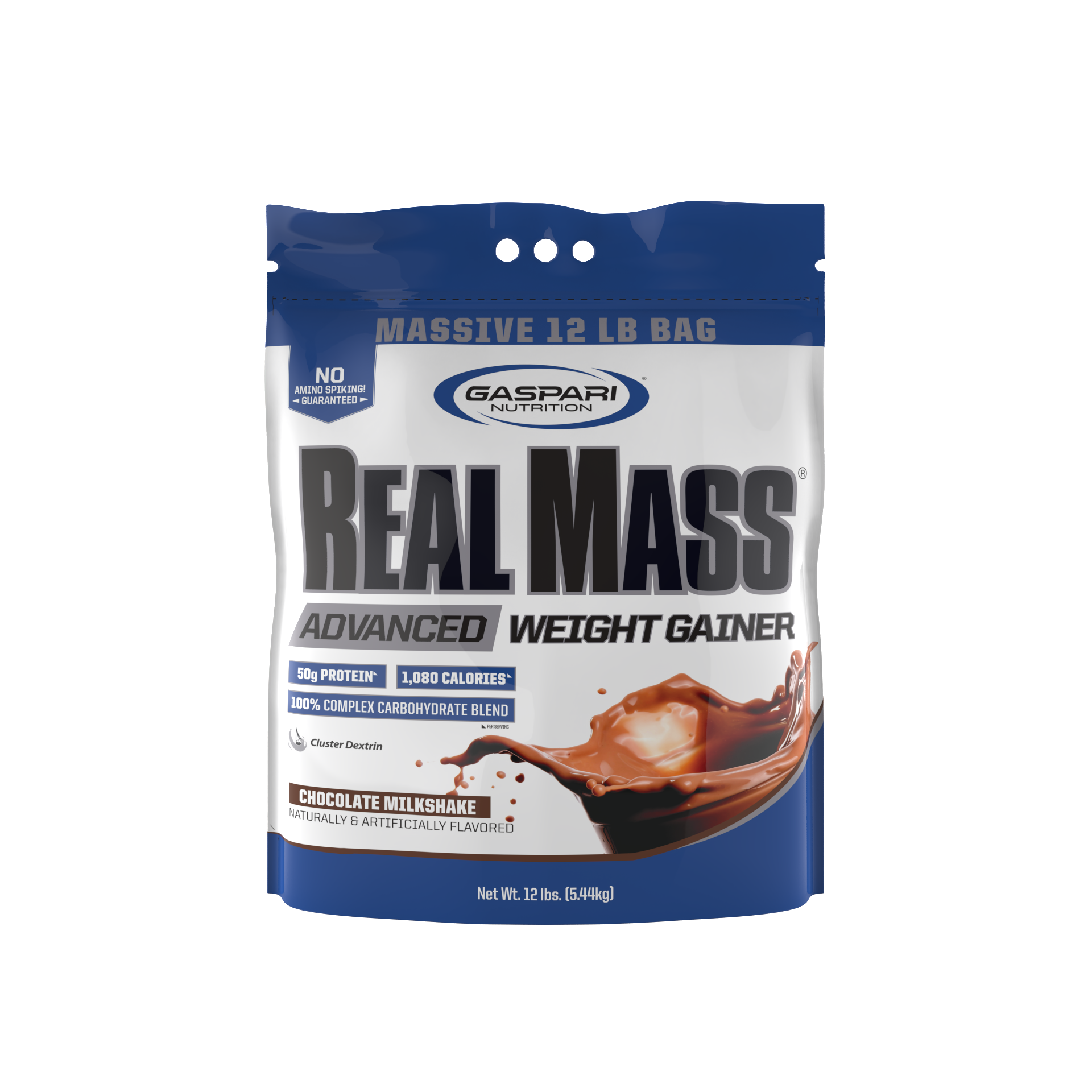
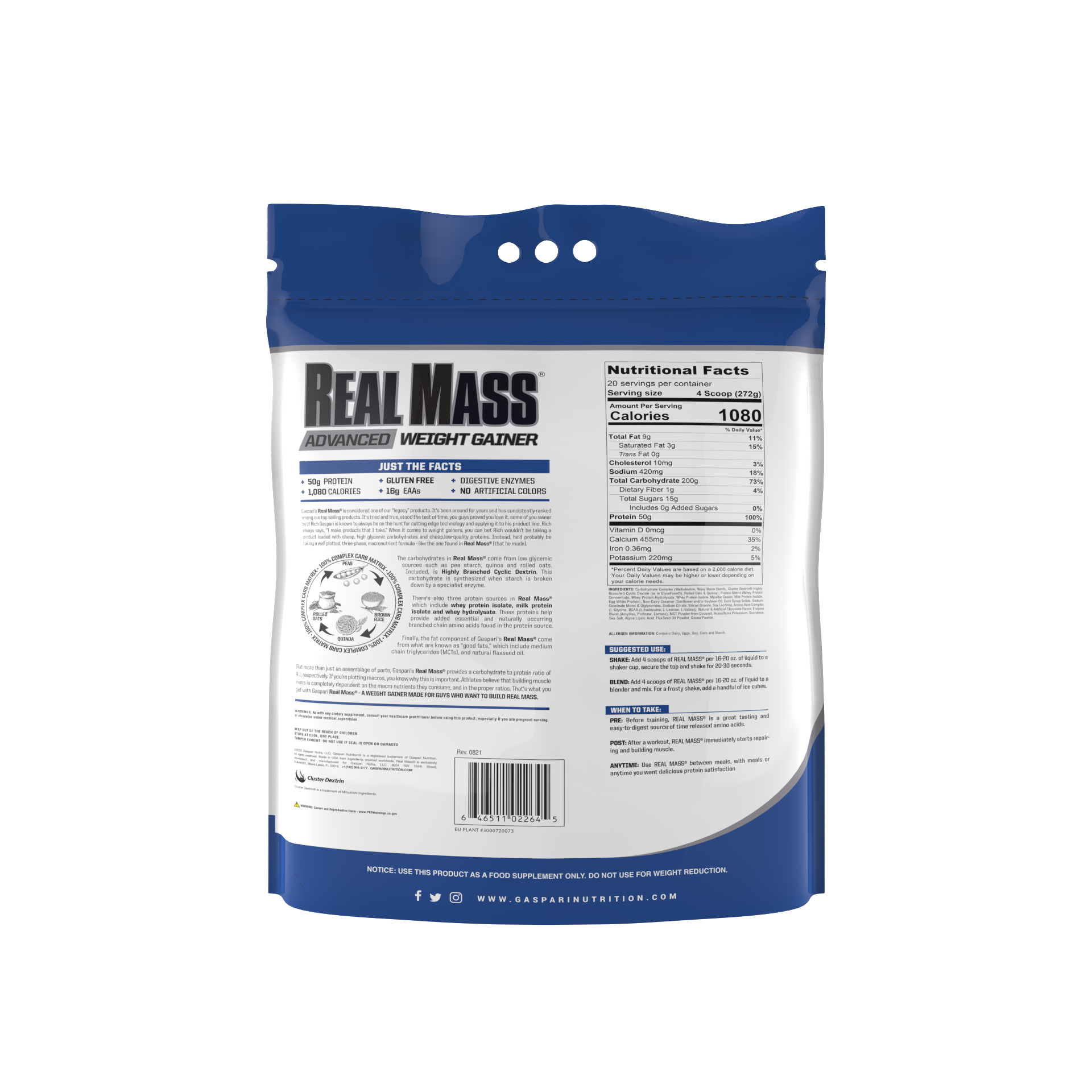
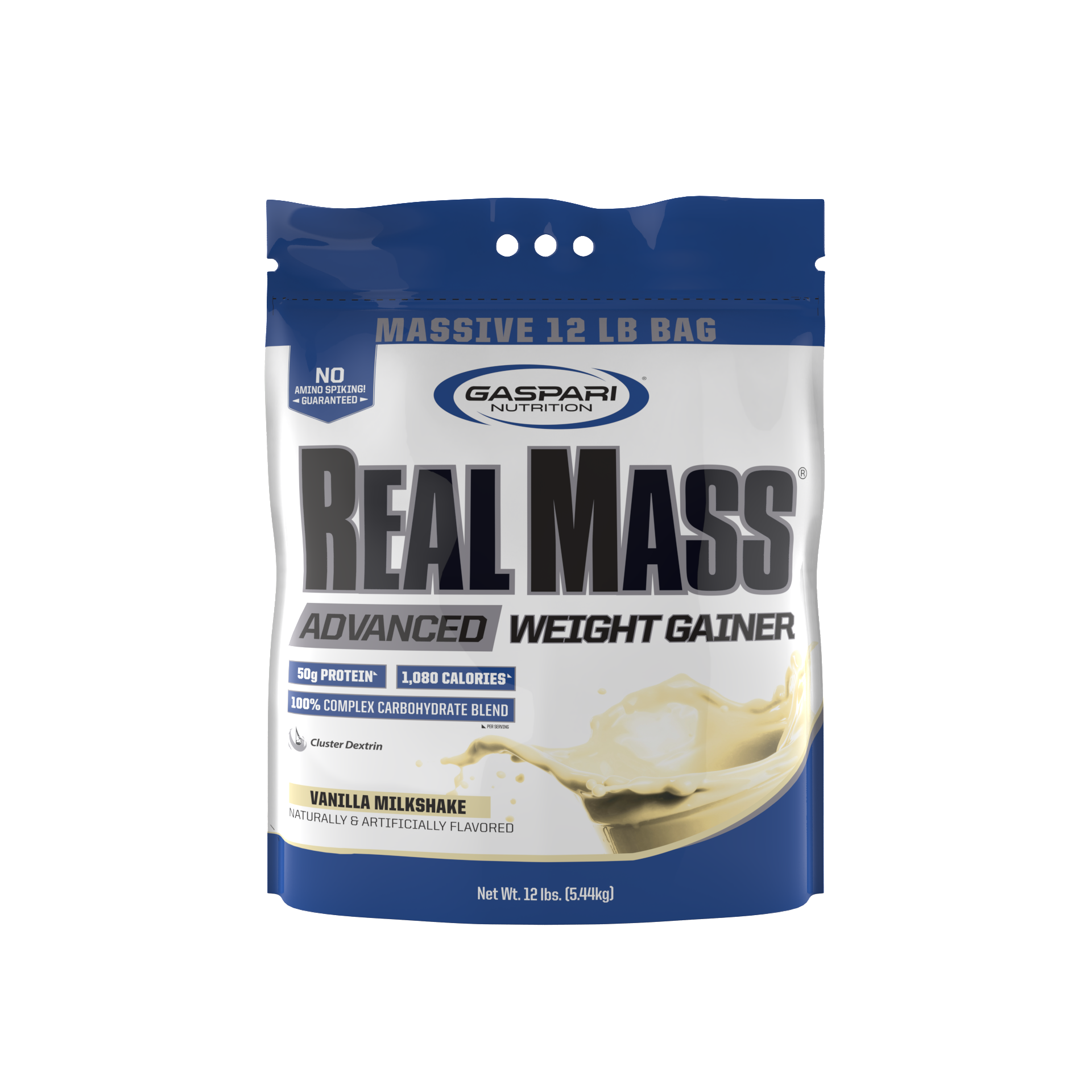
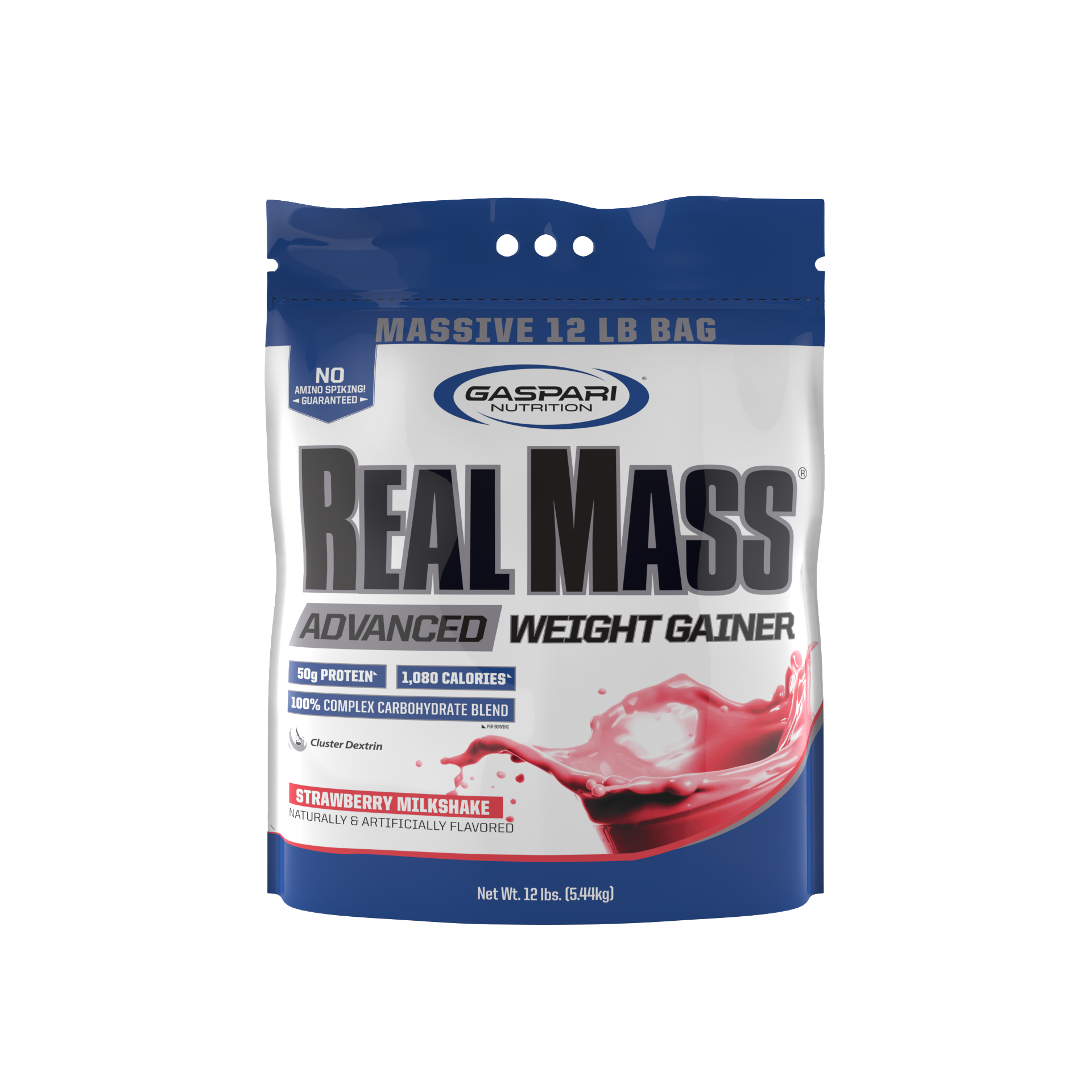
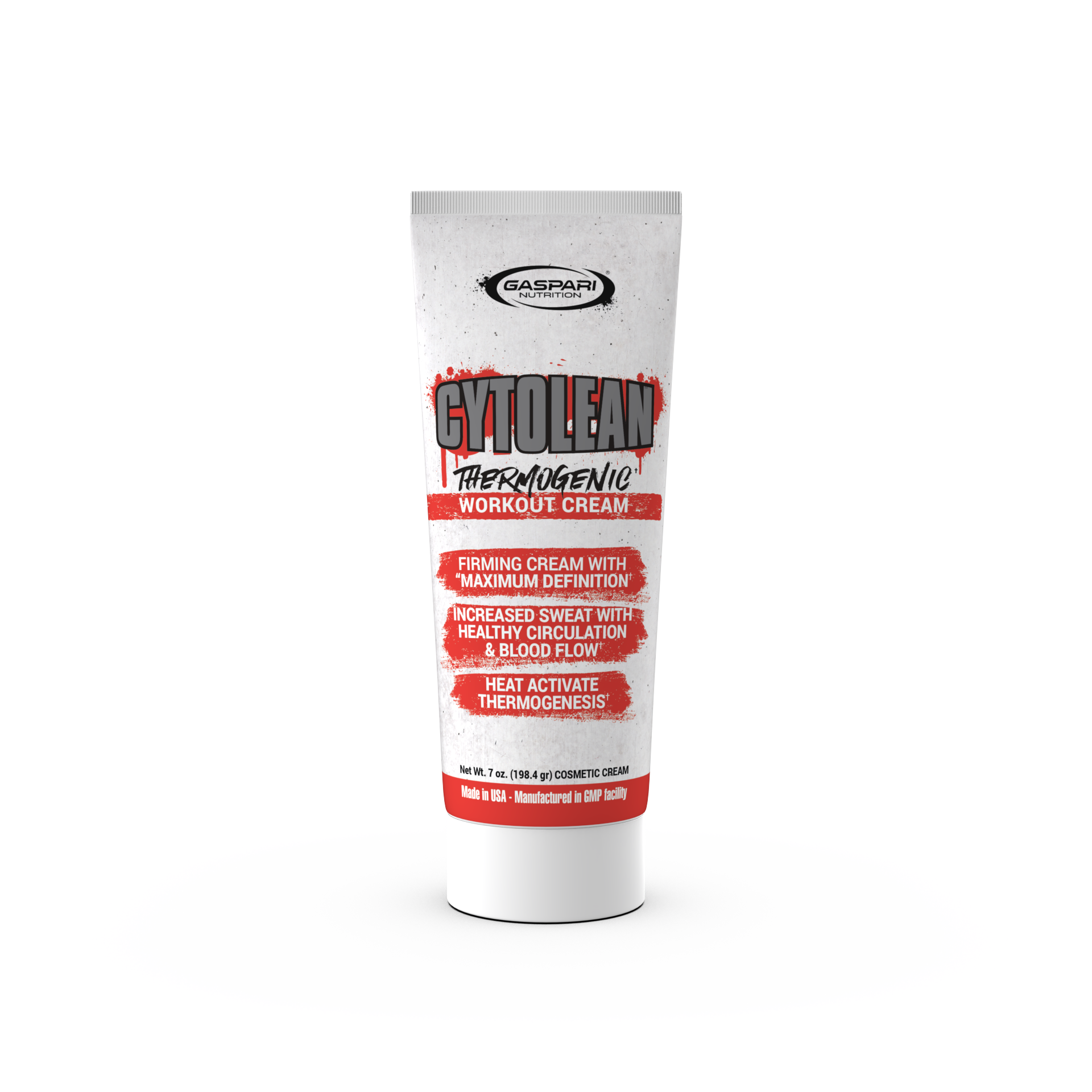







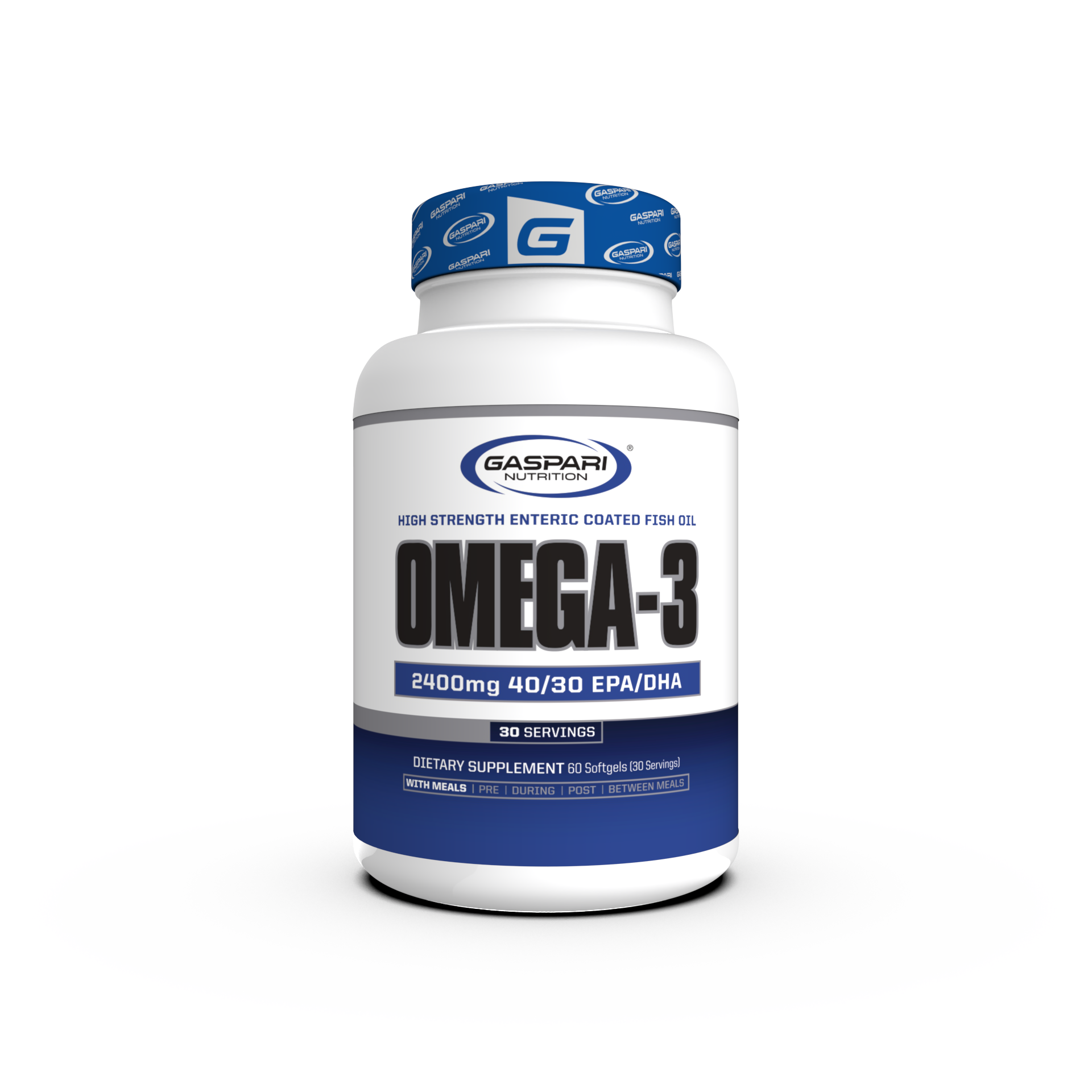



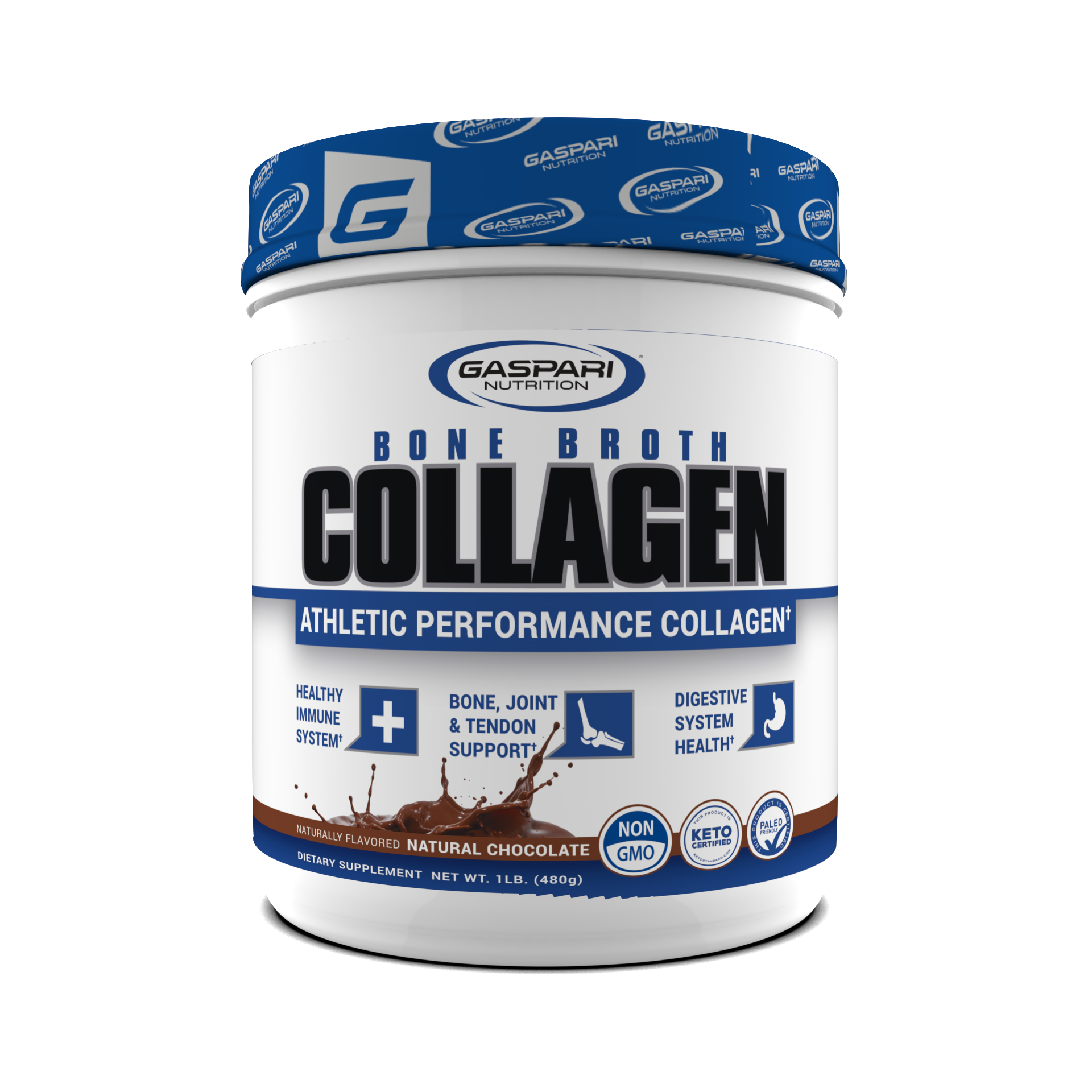



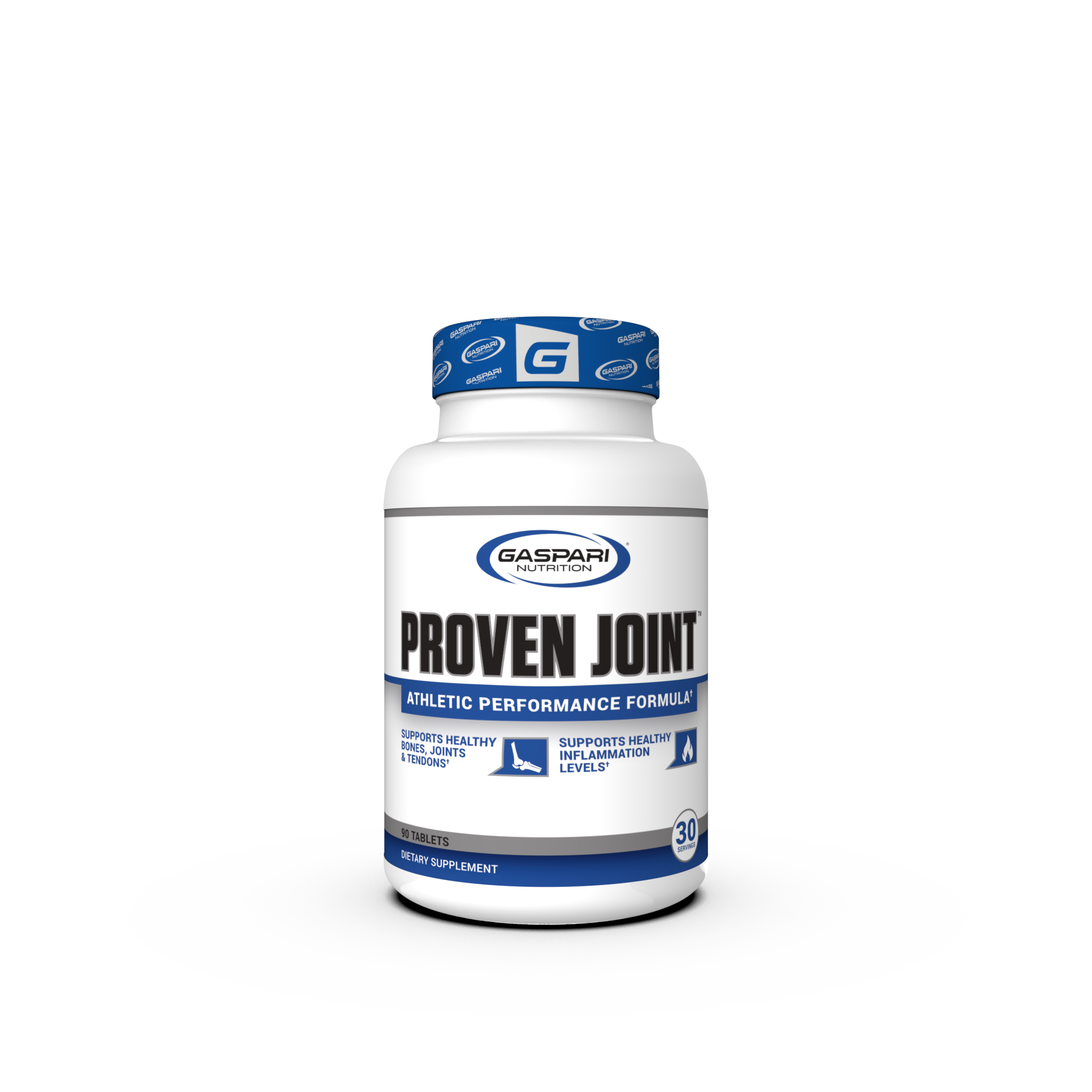
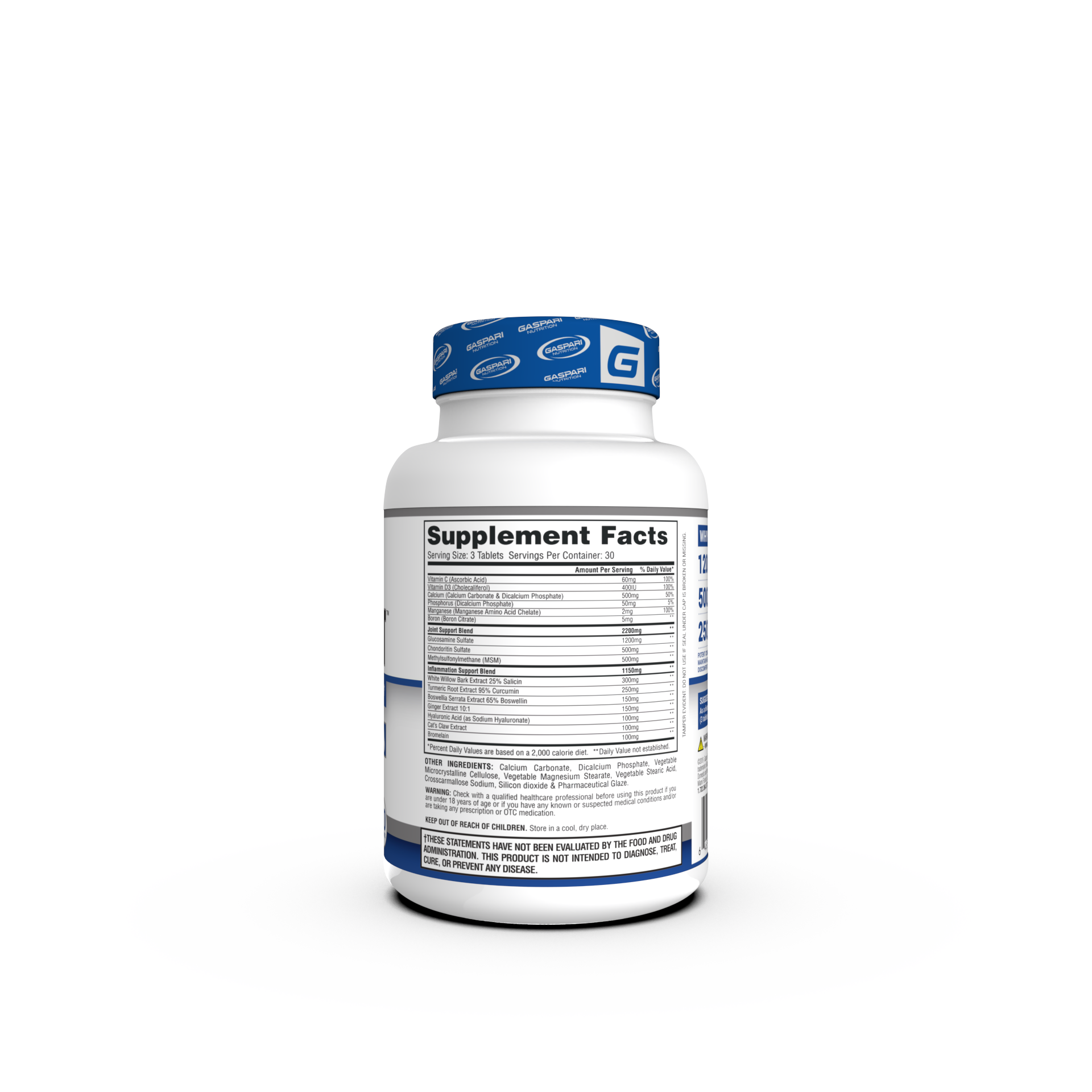
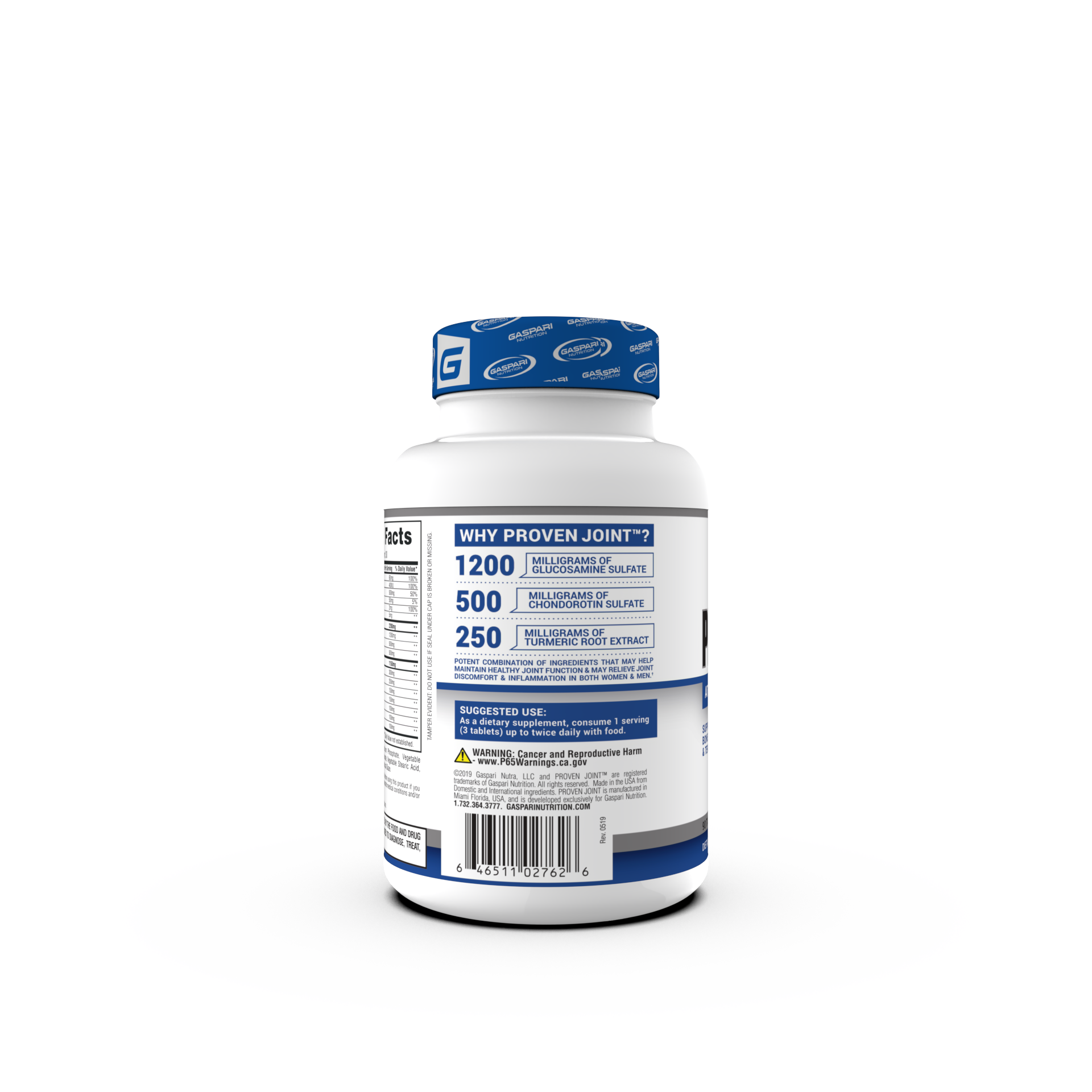


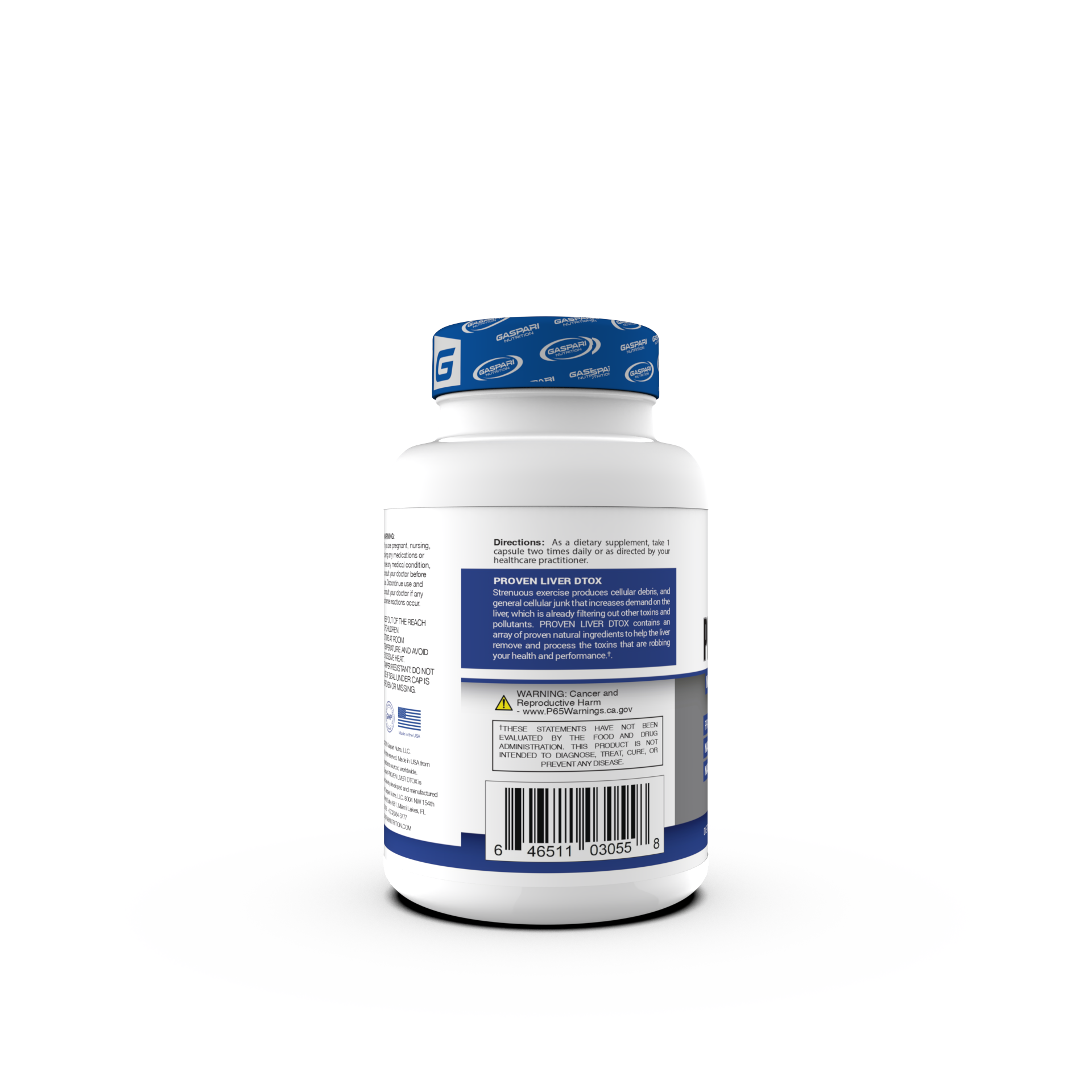
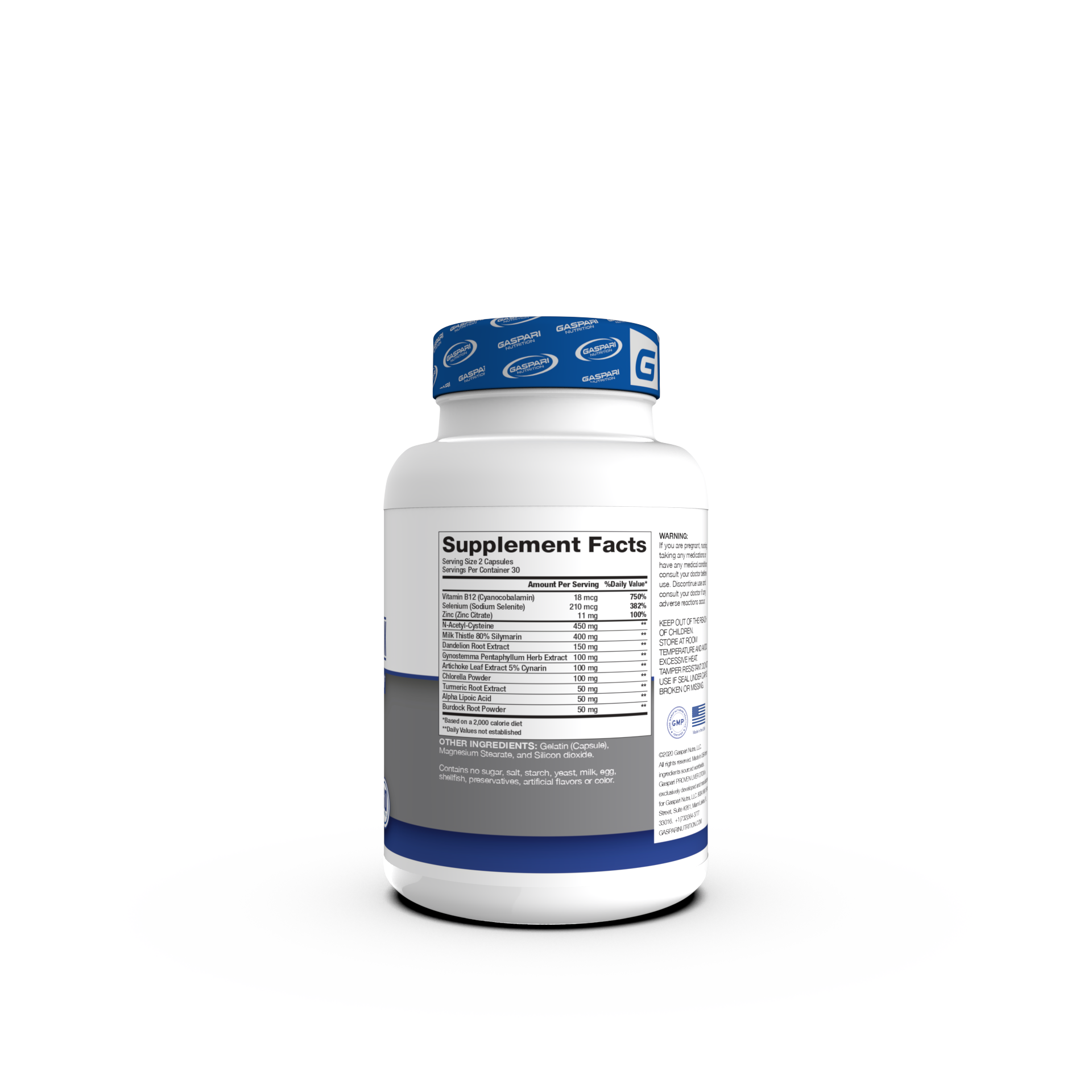

Share:
The Shred: Ripped In Weeks, Not Months
Get Bigger, Faster: Tips For Accelerated Muscle Hypertrophy